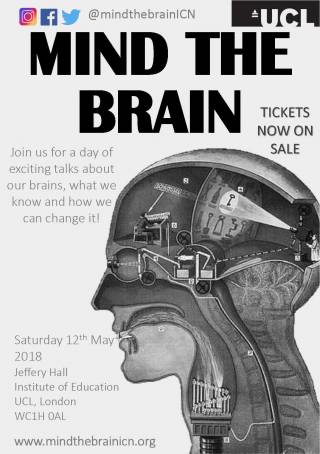Mind the Brain 2018
Please see below for an overview of the most recent Mind the Brain event in 2018...
Block 1: The Transition from Childhood to Adulthood
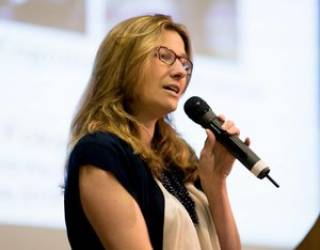

Katerina Fotopolou
"Me, Myself and My Mother: How a Body Becomes a Self"
Abstract: Our experience of the world is subjective. It is dependent on our thoughts, feelings, memories, physical presence, and social interactions. Together, these contribute to a flexible, unified experience of the self. And, to the ability to understand other minds and empathise with the experience of another, even when it differs from our own. This is a skill that originates and develops from infancy through physical and social interactions with care-givers, whom cater to one's every need, and in doing so, facilitate the mentalizing of homeostasis. Through a series of behavioural and neuroscientific case studies using healthy people and neurological patients, I will present the idea that affective congruency forms the 'emotional glue' between the first and third-person perspectives for a seamless experience of one's own self-consciousness.
Bio: Katerina Fotopoulou, PhD is currently an Associate Professor (Reader) at the Clinical, Educational and Health Psychology Department, University College London. There, she researches how embodied experiences are interpersonally ‘mentalised’ and perceived to form the basis of our selves. Katerina is the Founder of the International Association for the Study of Affective Touch (IASAT). She has published widely in psychology and neuroscience journals and is the editor of the volume: Fotopoulou, A. Conway, M.A. Pfaff, D. From the Couch to the Lab: Trends in Psychodynamic Neuroscience. Oxford University Press, 2012. In 2016, Katerina was awarded the Junior Investigator Award of the International Neuropsychological Society.
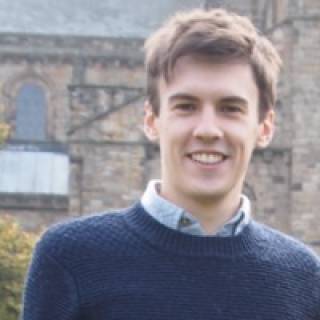
Jack Andrews
“Why do Adolescents Take Risks?"
Abstract: The time of life between childhood and adulthood has long been characterised as one of impulsivity, irrationality and immaturity, with adolescent's often stereotyped as risk takers. However, with recent advances in brain imaging and psychological science, we now know that adolescence is a unique period of significant biological, psychological and social change. This talk will draw on recent findings that have sought to answer a number of questions such as: Do adolescents take more risks than adults? In what ways do other people influence our perceptions of risks? Does the teenage brain process risks differently to adults? The importance of understanding risk taking in real world social contexts will be emphasised, given that adolescence is, for many, a time of substantial social-reorientation where friendships group expand and a sense of group belonging becomes increasingly important.
Bio: Jack is currently a PhD student on the UCL 4 Year MRC Doctoral Training Programme in Neuroscience and Mental Health under the supervision of Professor Sarah-Jayne Blakemore and Professor Nichola Raihani. Previously, Jack studied Psychological and Behavioural Sciences at the University of Cambridge and has spent time as a Research Assistant at Stanford University’s Mood and Anxiety Disorders Lab and as a Visiting Student at the MRC Cognition and Brain Sciences Unit.
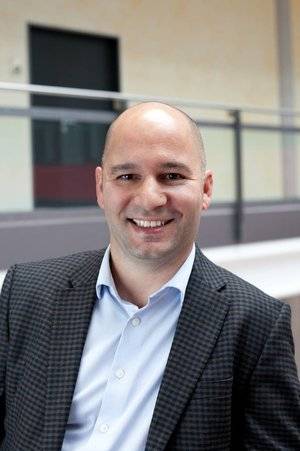
Emrah Düzel
“Aging and the Transition between Aging and Dementia”
Abstract: As we age, our ability to recall recently experienced events gradually declines. However, memory problems in old age can also be caused by Alzheimer’s disease. A major challenge in neuroscience is to identify the neurobiological reasons for age-related memory decline and to understand how it can be distinguished from disease-related memory impairment. I will talk about recent advances in neuroscience that help us to tackle these challenges.
Bio: Emrah Düzel is a group leader who works at Institute of Cognitive Neuroscience, University College London. His research programs focus on the mechanisms through which memories can be formed and retrieved in the service of flexible, adaptive and goal-directed behavior. This line of research integrates functional imaging, electrophysiology and magnetoencephalography with genetic and structural anatomical information as well as pharmacology. It is relevant for a better understanding of cognitive dysfunction in healthy aging as well as a number of neurological and neuropsychiatric conditions that his group studies such as amnesia and neurodegenerative diseases.
Block 2: The Effect of Health and Disease on the Brain
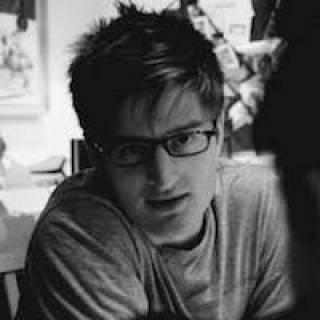
"Anxiety: from Walking Alone in the Dark to Debilitating Anxiety Disorders"
Abstract: In his talk, Oliver will focus on how we can use a combination of mathematical models and brain imaging to better anxiety across normal and pathological states.
Bio: Oliver Robinson is an MRC funded Principal Investigator at the ICN. His research programme attempts to understand the neuropsychopharmacological underpinnings of anxiety disorders by examining both patient populations and affective manipulations in healthy individuals (especially threat of shock and pharmacological manipulation). The main research tools used are computerized neuropsychological testing, computational models and functional magnetic resonance imaging (fMRI).
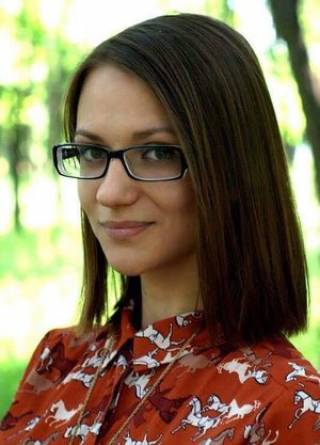
“Meeting Trouble Halfway: Anxiety’s Influence on Chronic Pain"
Abstract: Pain has an important adaptive role in regulating human behavior. It initiates the activities aimed to cease the aversive stimulation and restricts those possibly threatening the recovery. Chronic pain, however, persists long after the recovery causing significant limitations in daily routines and disability. In her talk, Kateryna will talk about how fear and anxiety, which result from pain anticipation, can alter the pain perception and processing, closing the loop of chronicity. She will also present her findings from her fMRI study which support the model of fear-avoidance for chronic pain acquisition.
Bio: Kateryna is researcher at the Ukrainian branch of the international test provider company Giunti Psychometrics. She works on the cultural adaptation of psychological assessment and diagnostic tools. During her MSc programme at Maastricht University she conducted a research on the role of anxiety in the development of chronic pain at the Department of Cognitive Neuroscience.
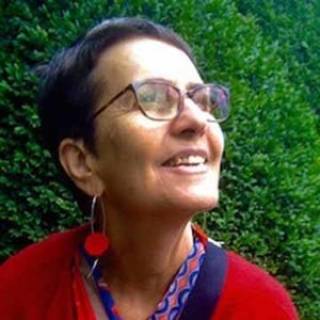
“The Impact of Brain Pathology on Cognitive Systems: The Case for Neuropsychology”
Abstract: Cognitive neuropsychology is a discipline that derives from the classical case studies of 19th century neurology, the foundational discipline for thinking the relation between brain and behaviour. Notwithstanding more recent developments in neuroimaging including positron emission tomography, MRI tractography, and magnetoencephalography, the thoughtful study of individual cases remains an extraordinarily powerful tool for demonstrating the very specific ways in which cognitive functions, personality and behaviour can be affected by focal brain pathology.
Bio: Diana Caine trained in Clinical Neuropsychology at the University of Melbourne, and subsequently completed her PhD in Neuropsychology at the University of Sydney. She is a Consultant Neuropsychologist and psychoanalytic psychotherapist at the National Hospital for Neurology & Neurosurgery having worked for nearly thirty years in major teaching hospitals, specialising in the differential diagnosis of dementia in Cambridge, Manchester and Sydney, before coming to London.
Block 3: How We Can Change Our Brain
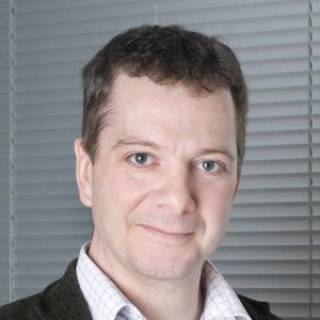
“Education and the Brain”
Abstract: Where does the complex structure of the human cognitive system come from? How do genes influence its construction differently from our animal cousins? How much does the structure of the human mind rely on the intricately layered cultural environment in which we are brought up? What is responsible for the change in performance we see as children get older? What can give two children or adults of the same age different cognitive abilities? All these questions drive my research.
Bio: Prof Thomas established the Developmental Neurocognition Laboratory in 2003, within Birkbeck's world-leading Centre for Brain and Cognitive Development. In 2006, the lab was the co-recipient of the Queen's Anniversary Prize for Higher Education. In 2010, Prof Thomas became Director of the Centre for Educational Neuroscience, a tri-institutional research centre which aims to further translational research between neuroscience and education, and establish new transdisciplinary accounts in the learning sciences.
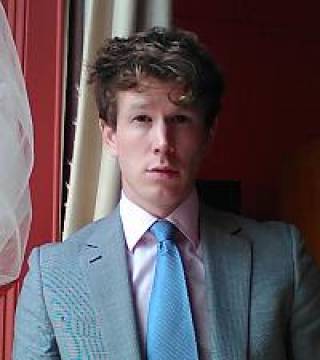
“Attention, Working Memory and Dynamic Brain Activity"
Abstract: The ability to control our attention and maintain information in working memory is important for learning and everyday functioning. Difficulties with executive functions like attentional control and working memory are key features of numerous neurodevelopmental disorders, and of children with no diagnosis but who struggle with learning. We have been exploring these difficulties in a large sample of children referred by specialist clinical and educational practitioners to a research clinic at the MRC Cognition and Brain Sciences Unit. In this talk Dr Astle will present his own research before providing a practical session on the best ways to maximise working memory, with a focus on cognitive training and other classroom interventions.
Bio: Duncan is a Programme Leader at the Medical Research Council’s Cognition and Brain Sciences Unit, University of Cambridge, and a Fellow of Robinson College. His lab explores cognition and the brain in typically and atypically developing children, using different imaging techniques. Their work has been supported by the MRC, the Royal Society, the British Academy and multiple charity foundations, and in 2016 Duncan received the Early Career Award from the British Association of Cognitive Neuroscience.
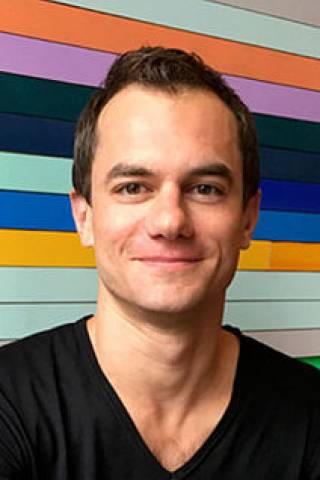
"Learning from Episodes and Learning More Over Time"
Abstract: Researchers know that several different brain systems influence our choices, but recent research has finally started to clarify these contributions. In his talk, Elliott will address how we can learn from just a single episodes of our experience. Then he will explain how the brain establishes stronger associations with positive outcomes when events are repeated over time. Sometimes these strong memories can provide helpful mental shortcuts, but in cases such as drug addiction, strong memories can have negative consequences
Bio: Elliott Wimmer is a Research Associate at the WCHN and the Max Planck Centre for Computational Psychiatry and Ageing. His research using functional brain imaging to look at the systems in the brain that help with learning and decision making. In particular, his research is interested in how our memories for positive (happy) and negative (disappointing) experiences influence the choices we make in the future.
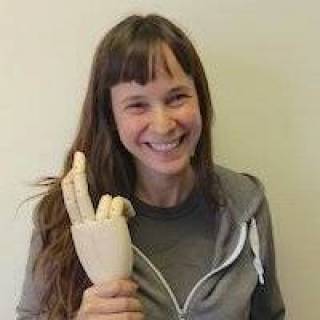
"Neuroplasticity and Robotic Arms"
Abstract: Following arm-amputation, a person faces overwhelming challenges to adapt to their daily routine. Simple everyday tasks, such as lacing shoes, become a tremendous challenge, which amputees have to learn to overcome single-handed. Their brain, too, will undergo major changes (brain plasticity). In the talk I will examine whether brain resources, originally developed to support hand function, could be “recruited” to work for other body parts, including artificial limbs. Based on this evidence, I suggest that brain plasticity could be exploited for improving rehabilitation.
Bio: Dr Tamar Makin is a neuroscientist at UCL’s Institute of Cognitive Neuroscience, heading the Plasticity Lab to continue this work . Her main interest is in understanding the key drivers and limitations of reorganisation in the adult brain. A particular focus is on how habitual behaviour, such as prosthesis usage in amputees, shapes brain reorganisation. For this purpose, she integrates approaches from the fields of neuroscience, experimental psychology and rehabilitation.
Panel Discussion

Prof Hamilton is a Senior Lecturer and leader of the Social Neuroscience group at the Institute of Cognitive Neuroscience (UCL) . Prior to that, she completed a PhD on the impact of neuronal noise for the optimal control of human arm movements (UCL), and postdoctoral work on imitation in autism and brain systems for action understanding. She was a lecturer at the University of Nottingham until 2013, and was awarded the Experimental Psychology Society prize lectureship for 2013. Her current research interests include how and why people imitate each other, how social skills differ in autism, and the neural mechanisms of social interaction.
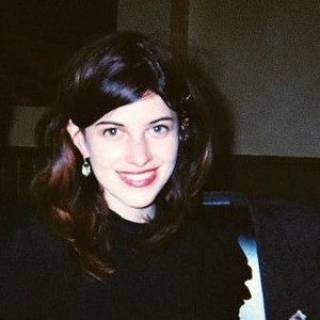
At Sense about Science, the public engagement team, where Abigail works, engage with researchers on many of the most sensitive subjects - some fraught with misunderstanding - to improve the communication of their research findings. As a Researcher and public engagement coordinator at Sense about Science, Abigail Jones liaises with researchers and scientists to involves different sections of society in the development of public resources – through scoping, user-testing workshops and testing. In addition, she coordinates Sense about Science’s peer review programme. Prior to this Abigail worked at a number of NGOs in research, operations and communications.
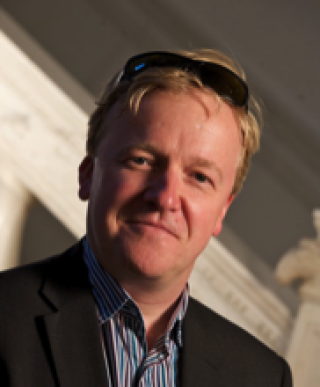
Prof Rees is Dean of the UCL Faculty of Life Sciences. From 2009-2014 he was Director of the UCL Institute of Cognitive Neuroscience and from 2011-2014 Deputy Head of the Faculty of Brain Sciences at UCL. He leads a research group investigating the neural basis of human consciousness based at the ICN and the internationally renowned Wellcome Trust Centre for Neuroimaging. Passionate about academic and clinical academic training, he set up and currently directs the UCL School of Life and Medical Sciences Academic Careers Office. The ACO provides strategic leadership for the biomedical training portfolio at UCL and talent management to investigators and students across the School of Life and Medical Sciences. He has a number of externally facing roles for UCL. He also is a member of the Francis Crick Institute Executive Team and the Board of Directors of Imanova. Prof Rees' work has been recognised by award of the Royal Society Francis Crick medal and election to the Academy of Medical Sciences.
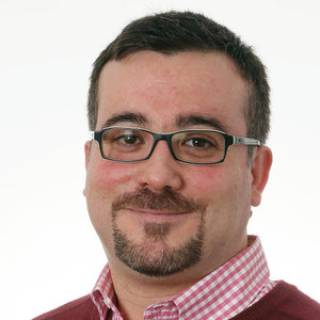
Dr Rui Loureiro is Head of the Aspire Centre for Rehabilitation Engineering and Assistive Technology (Aspire CREATe). This is an exciting new joint venture between the Aspire Charity, University College London and the Royal National Orthopaedic Hospital, Stanmore. He is also a Senior lecturer at the Stanmore Campus. He has expertise in Control Systems Engineering, Computer Engineering and Biomedical Engineering and develops robotic therapies to aid patients in rehabilitation and allowing them to move their limbs again following stroke, muscular dystrophy, and amputation.
 Close
Close


